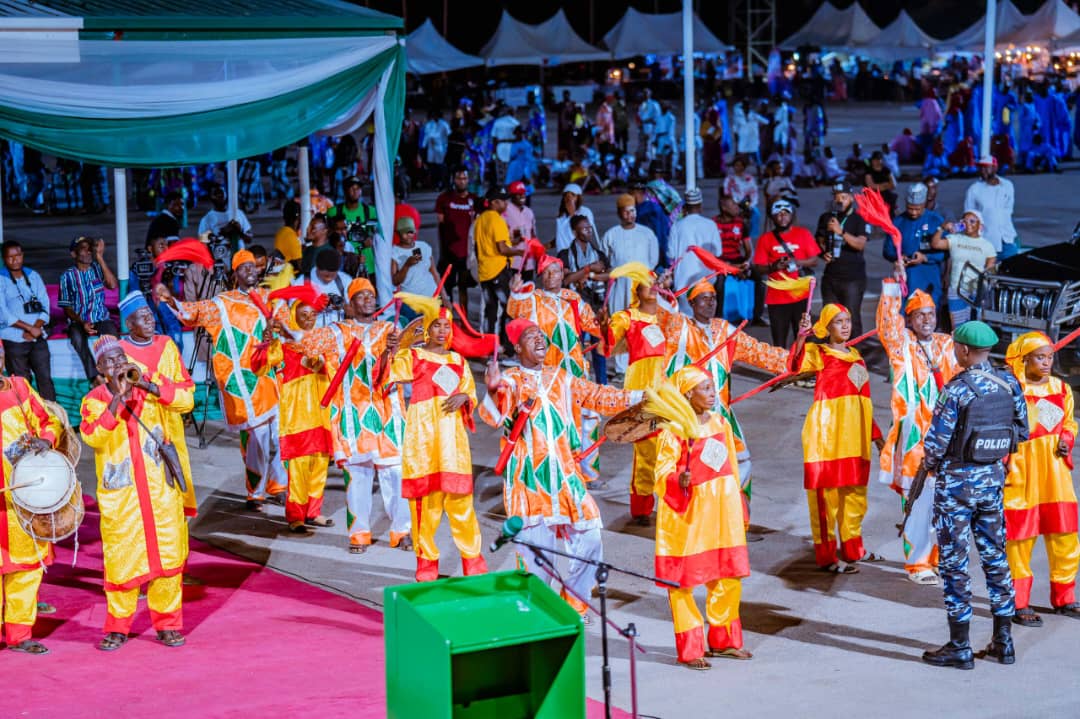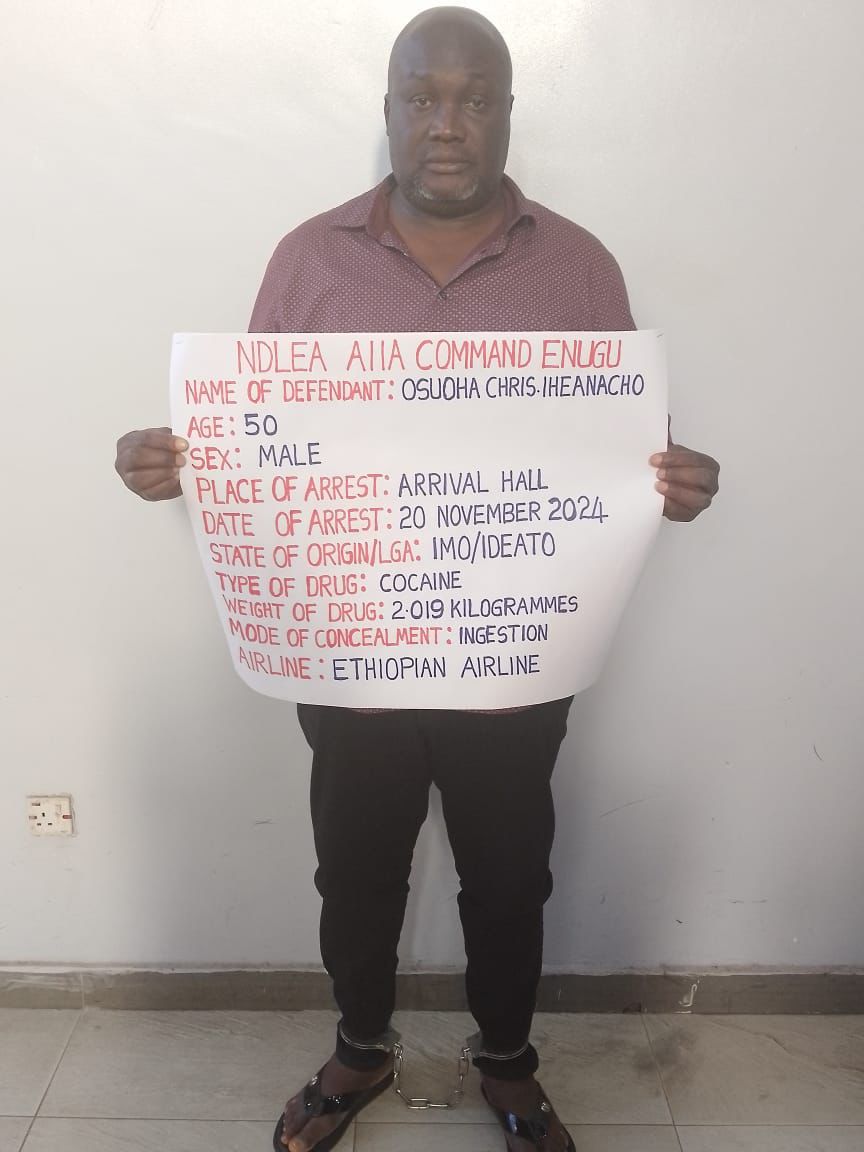The Atiku Institute for Development of the American University of Nigeria (AUN-AID) has partnered with ActionAid Nigeria to empower professionals working in the humanitarian, development, and peace (HDP) sectors.
The week-long training, aimed to equip participants with knowledge and strategies for sustainable post-insurgency recovery in Northeast Nigeria, held recently on the university’s Yola campus.
As insurgency and insecurity diminish in North-east Nigeria, local communities are rebuilding their lives with a renewed sense of commitment. Various local community organisations are said to be working to rebuild the foundations of peace and shared community values to promote development.
In light of this, AUN-AID and ActionAid Nigeria collaborated to create a platform where HDP professionals and practitioners could share knowledge, update their skill sets, and collaborate on sustainable interventions.
The President of AUN, DeWayne Frazier, stated that the theme of human development aligns with the American University of Nigeria’s mission to foster relevant knowledge and empower local communities.
He lauded the objectives of the 5-day workshop in confronting the longstanding disconnect among actors in the HDP sectors, who have historically operated independently with varying mandates, priorities, and approaches.
Addressing needs
The AUN-AID’s Administrator of Grants and Contracts and Dean of the AUN School of Engineering, Abubakar Hussaini, while addressing the theme of the training pointed to six critical areas of resilience—physical, economic, social, institutional, community, and environmental—that require enhanced understanding.
Nigerians need credible journalism. Help us report it.
Support journalism driven by facts, created by Nigerians for Nigerians. Our thorough, researched reporting relies on the support of readers like you.
Help us maintain free and accessible news for all with a small donation.
Every contribution guarantees that we can keep delivering important stories —no paywalls, just quality journalism.
He noted that the partnership between ActionAid and AUN-AID would promote knowledge and greater understanding interactively to enhance a community’s ability to withstand disruptions.
He further added that the partnership would develop further and lead to more positive changes in the lives of local communities and humanity in general.
Also speaking, AUN’s interim Registrar, Daniel Okereke, highlighted the role resilience plays in recovery efforts.
“For communities, resilience is the equivalent of survival, but it is more than that. It is the adaptive capacity that enables individuals and communities to cope with and recover from adversity. It encompasses not just bouncing back but also adapting and preparing for future challenges. Recovery is a crucial stage in constructing resilience, which involves allocating resources and striking a balance between global and local investments,” he said.
Using HDP nexus
An ActionAid consultant for ActionAid on humanitarian development and peace-building advisor, Mubarak Yusuf, stressed the need for an integrated approach, highlighting the inefficiencies of fragmented aid interventions.
He pointed out that despite the billions of dollars invested in humanitarian interventions, many communities remain worse off than they were before interventions began.
“You go to a community where funds have been invested for ten years, and the situation is worse than it was five years ago,” he said, driving home the need for an integrated approach.
The Manager of Humanitarian and ResilienceNorth-East Liaison for ActionAid, David Habba, emphasised the importance of aligning emergency responses with long-term development goals, referencing the United Nations’ introduction of the HDP Nexus in 2016 as a global approach to aid coordination.
“It teaches practitioners how to respond to crises while also planning for long-term development and peacebuilding: By aligning emergency responses with development initiatives, we ensure displaced individuals can transition into stable livelihoods.”
Site Visit
During the training, participants, along with facilitators from Adamawa, Borno, and Yobe States, visited the Malkohi Community in Yola South LGA, Adamawa State, where a large population of internally displaced persons (IDPs) resides.
The visit provided participants with the opportunity to apply some of the theoretical knowledge gained during the training.
Divided into two groups, the participants engaged with both male community members and women and adolescent girls to understand their challenges.
During the discussions with the women’s group, the Executive Director of Goggoji Zumunchi Development Initiative, Aishatu Saidu, who led the group noted that the issues faced by the IDPs and their host community are not limited to the lack of livelihood opportunities, struggles of orphaned families, water scarcity, healthcare challenges, education barriers and gender-based violence.
The women also shared concerns about rising domestic violence, often exacerbated by economic pressures.
Addressing Community Challenges
The site visit reinforced the need for integrated aid approaches that address both immediate and long-term challenges.
Participants learned that effective aid interventions must integrate humanitarian, development, and peacebuilding components to foster sustainability. It stressed the importance of addressing the needs of both IDPs and host communities to prevent conflict and promote peaceful coexistence.
The training also emphasised the use of area-based strategies, encouraging organisations to collaborate within specific regions to avoid duplication of efforts.
Support PREMIUM TIMES' journalism of integrity and credibility
At Premium Times, we firmly believe in the importance of high-quality journalism. Recognizing that not everyone can afford costly news subscriptions, we are dedicated to delivering meticulously researched, fact-checked news that remains freely accessible to all.
Whether you turn to Premium Times for daily updates, in-depth investigations into pressing national issues, or entertaining trending stories, we value your readership.
It’s essential to acknowledge that news production incurs expenses, and we take pride in never placing our stories behind a prohibitive paywall.
Would you consider supporting us with a modest contribution on a monthly basis to help maintain our commitment to free, accessible news?
TEXT AD: Call Willie - +2348098788999

















 English (US) ·
English (US) ·